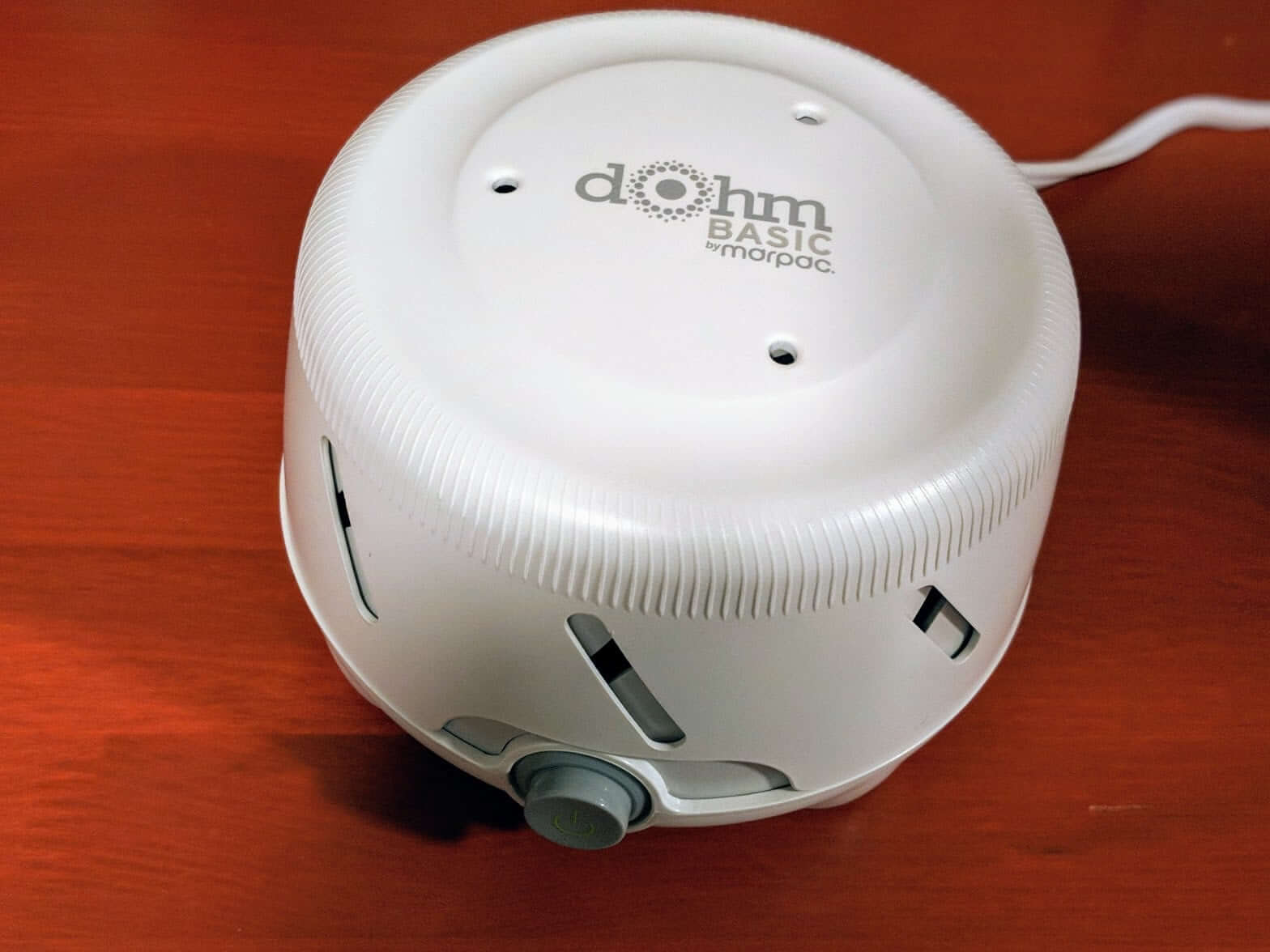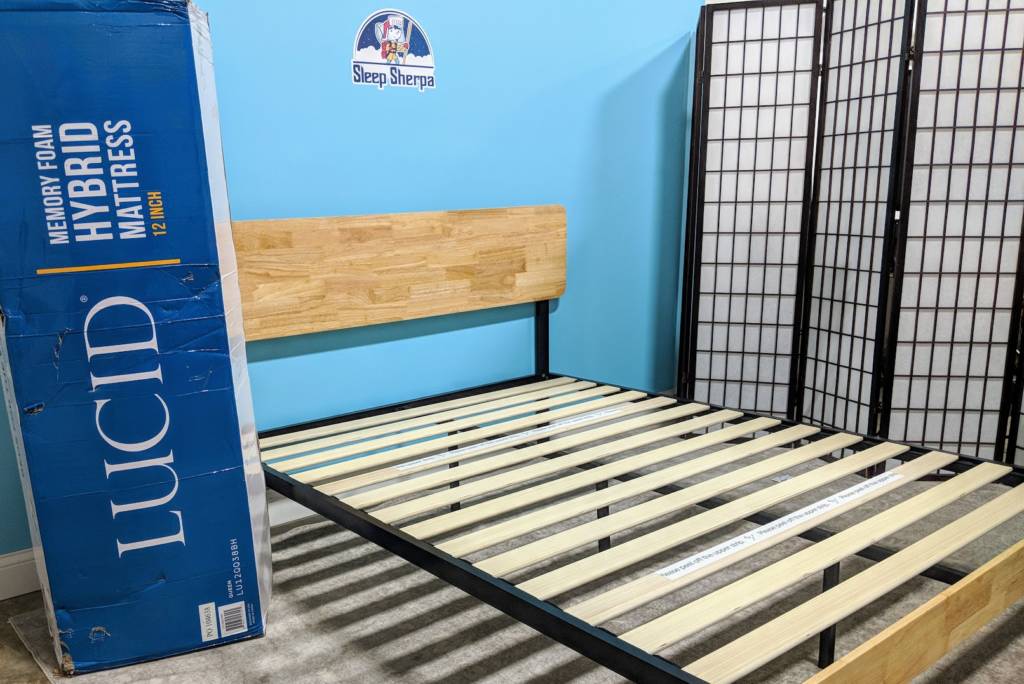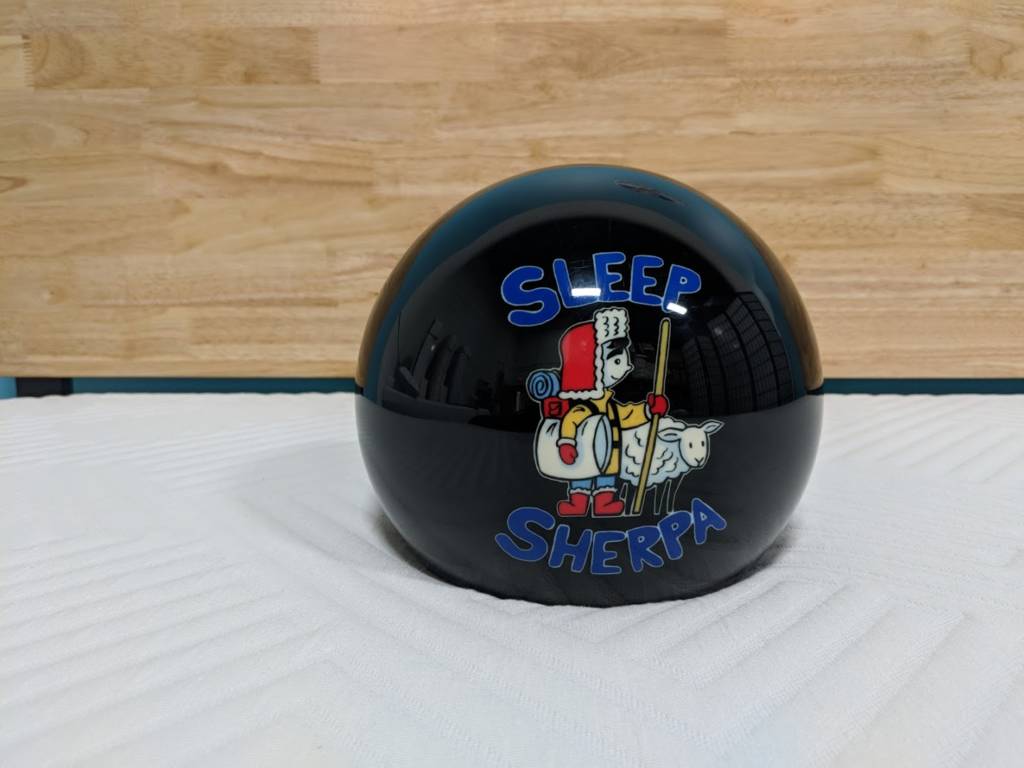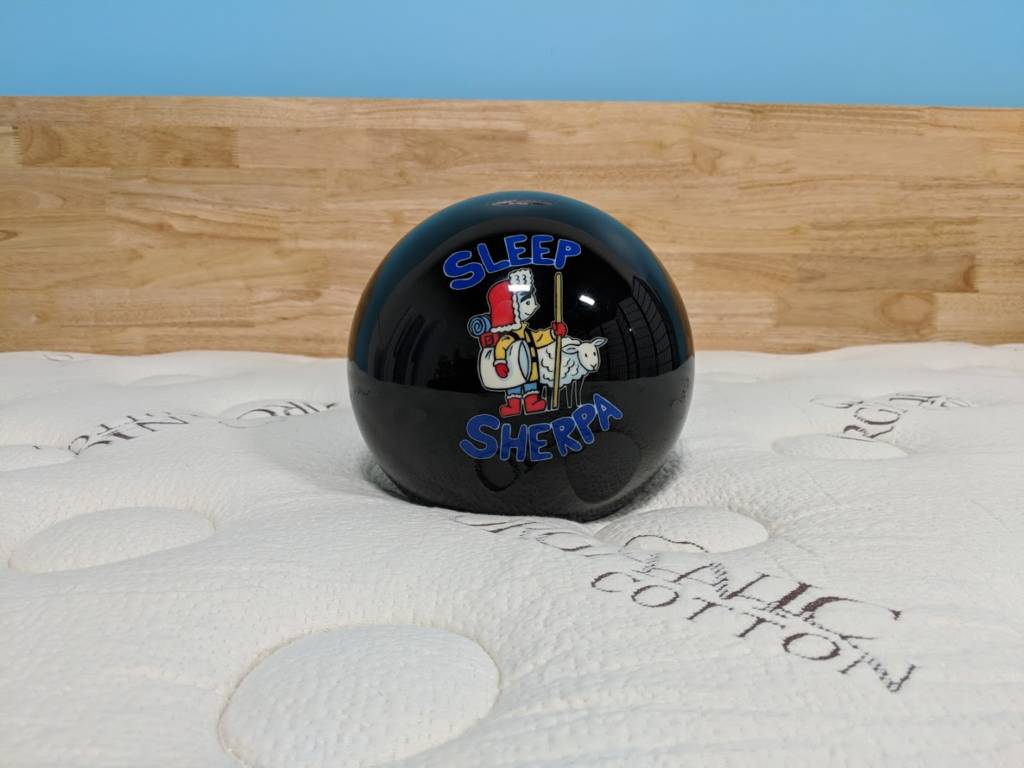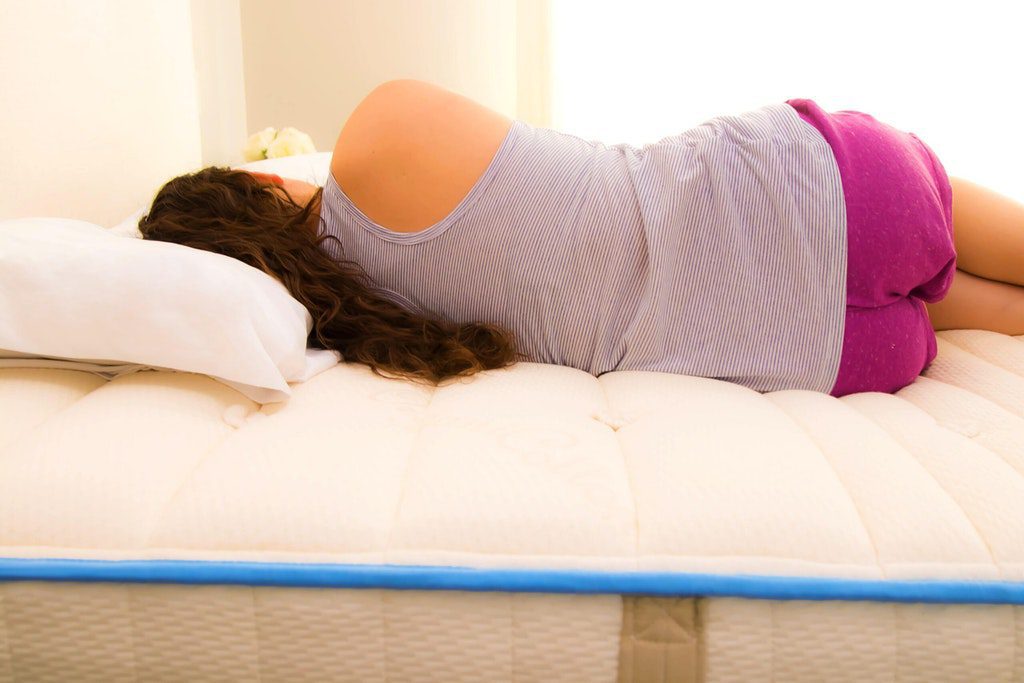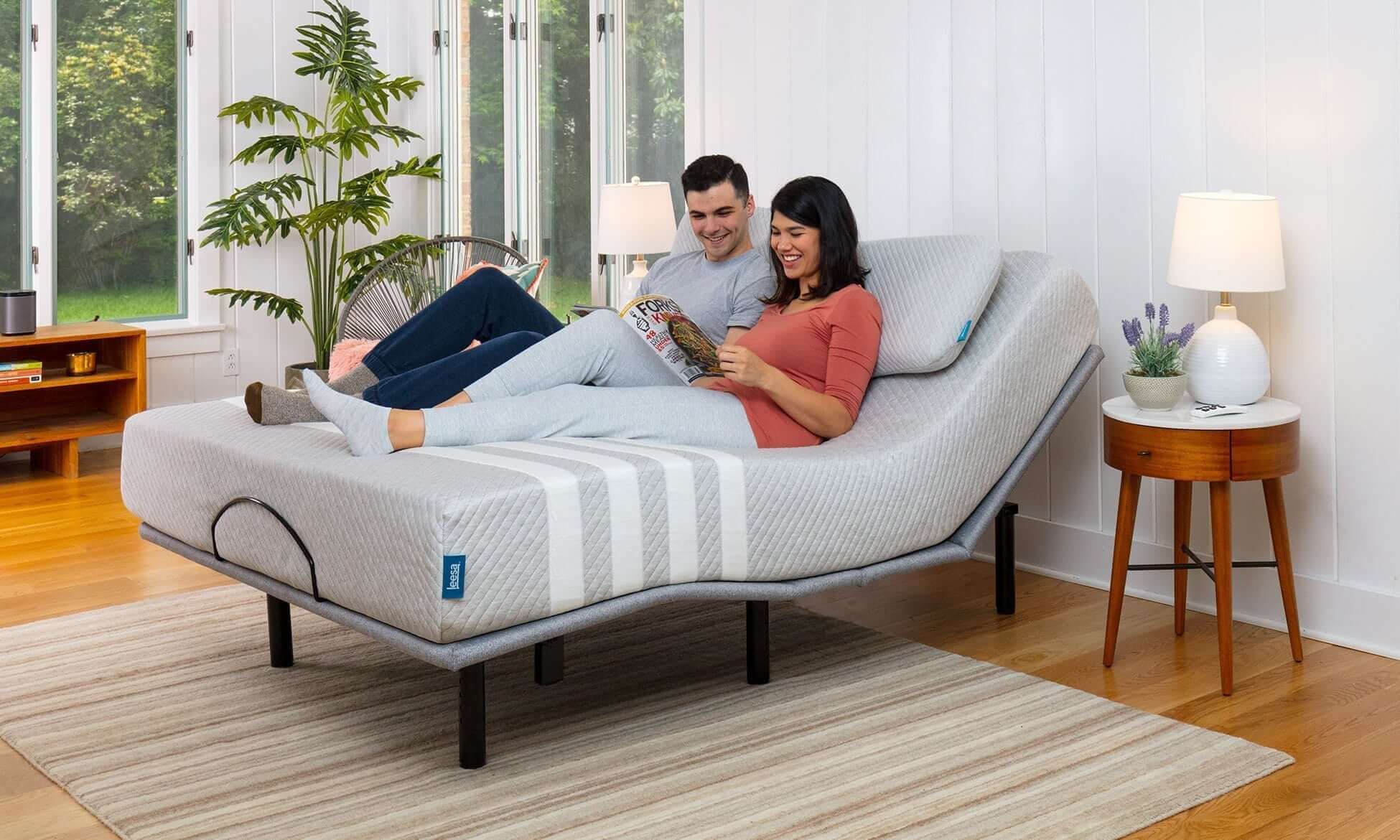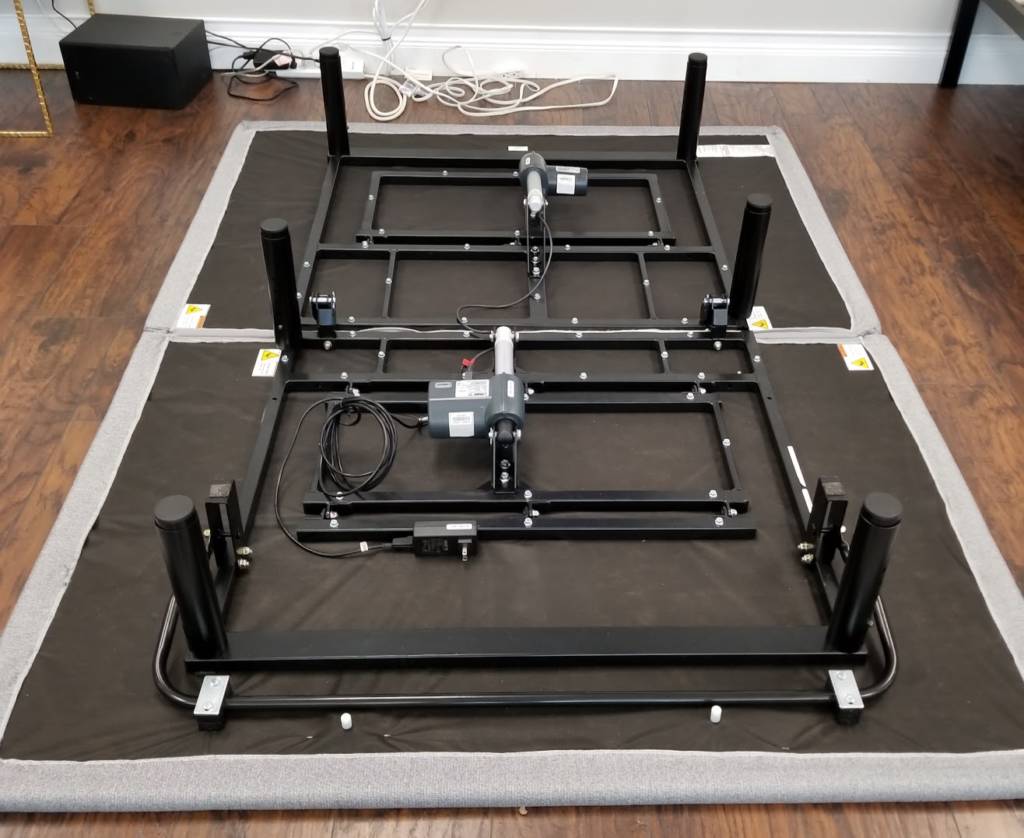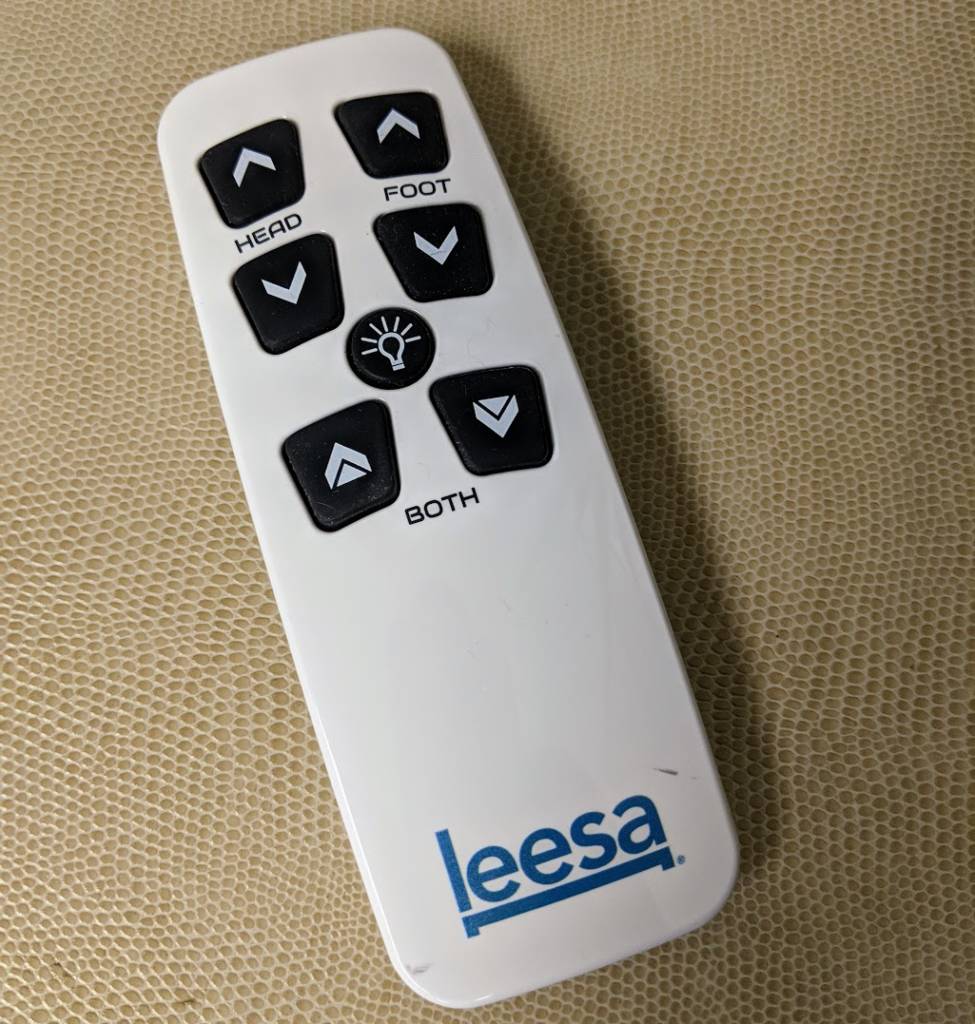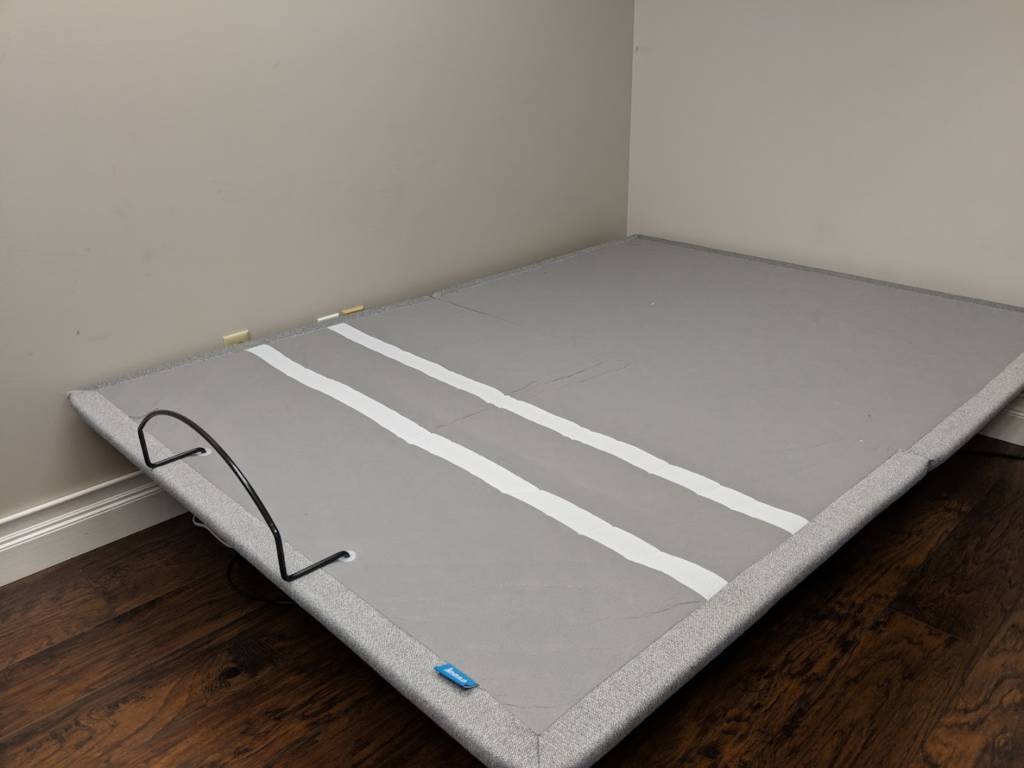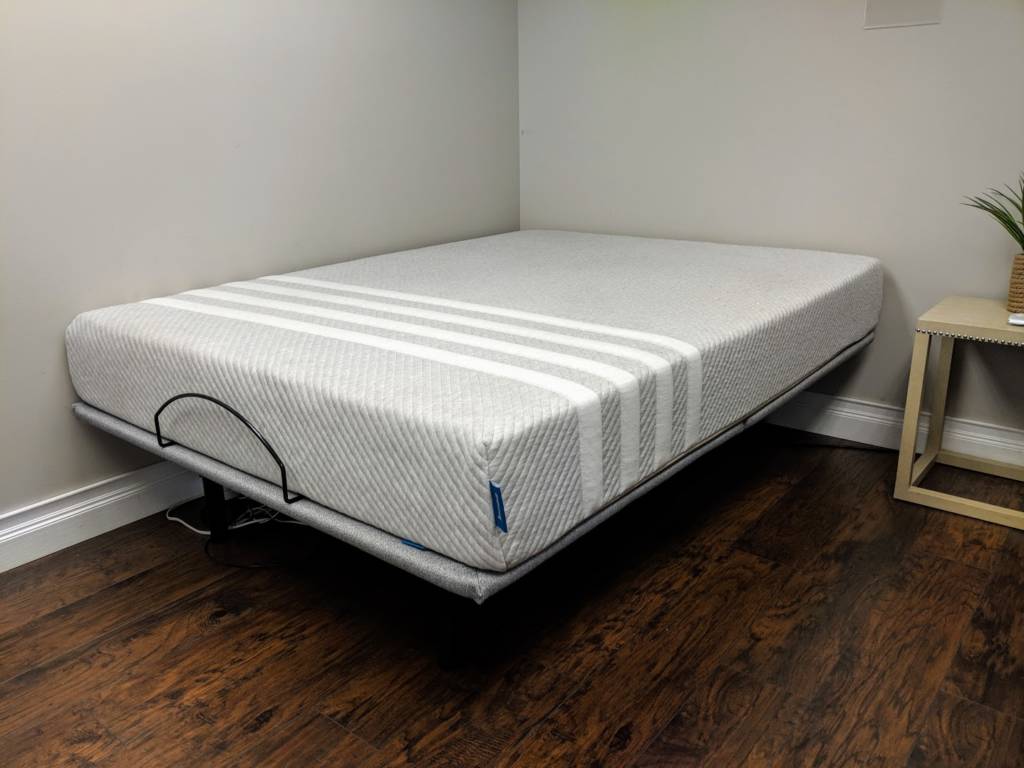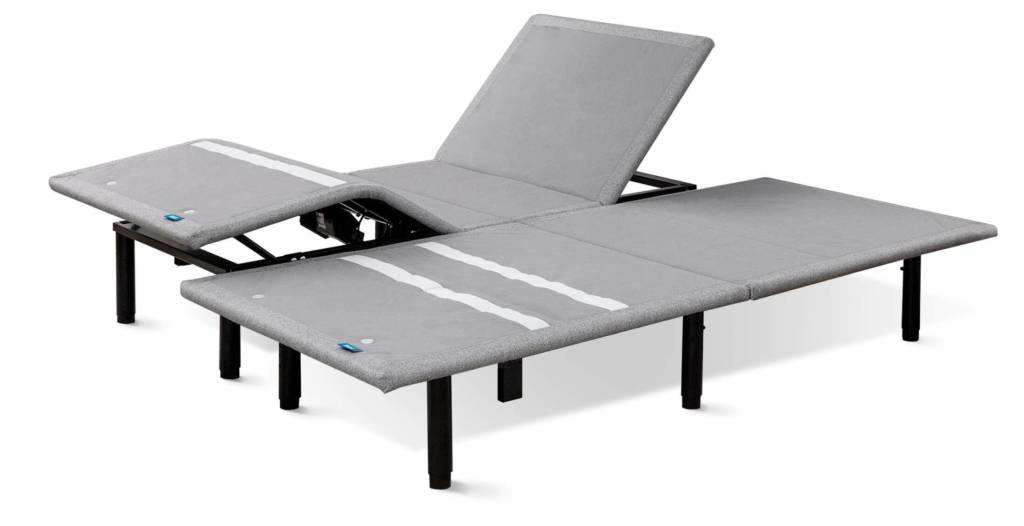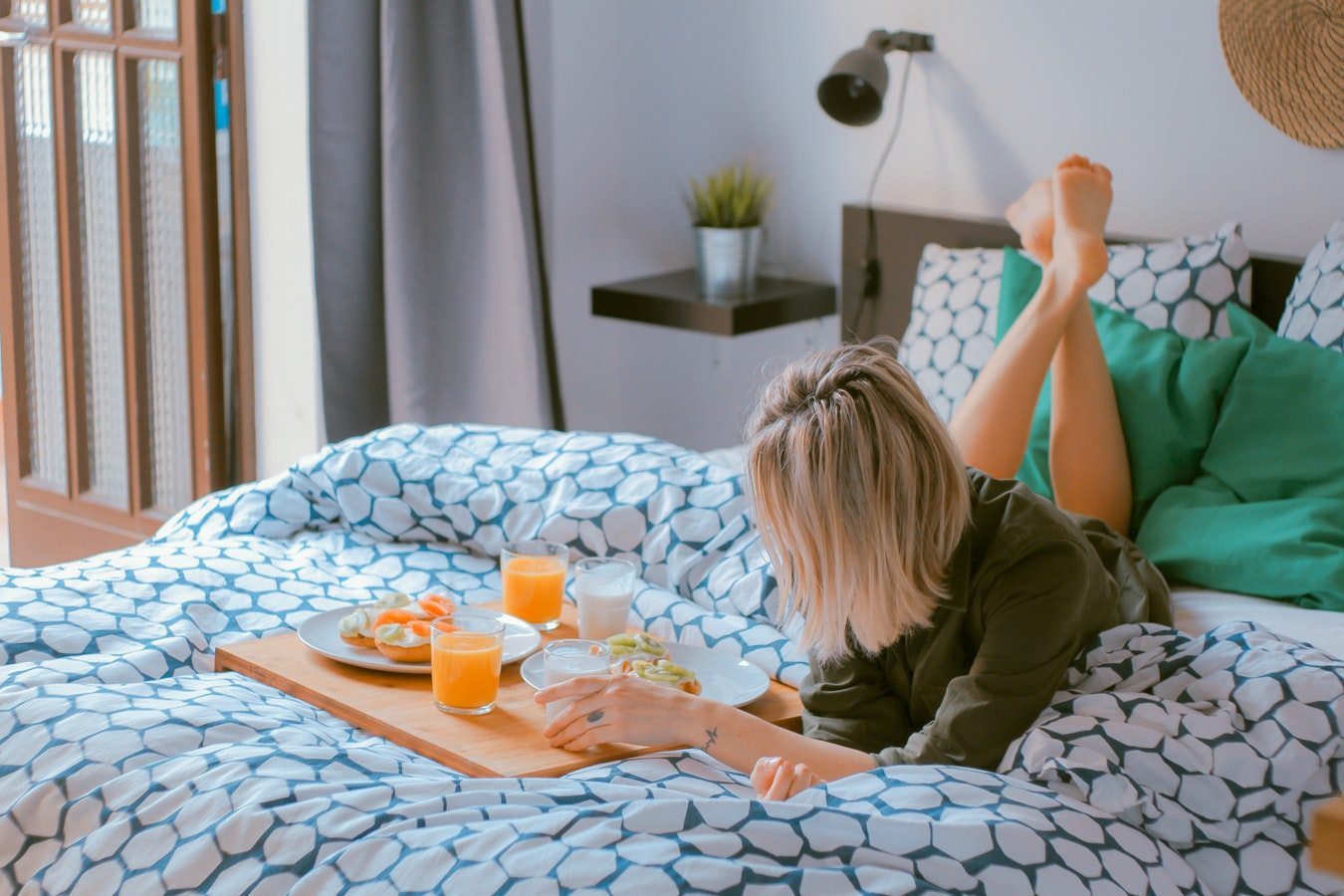Here are the dimensions for some common mattress sizes in the United States:
- Twin: 38 inches wide by 75 inches long (96.5 cm x 190.5 cm)
- Twin XL: 38 inches wide by 80 inches long (96.5 cm x 203 cm)
- Full/Double: 54 inches wide by 75 inches long (137 cm x 190.5 cm)
- Queen: 60 inches wide by 80 inches long (152.5 cm x 203 cm)
- King: 76 inches wide by 80 inches long (193 cm x 203 cm)
- California King: 72 inches wide by 84 inches long (183 cm x 213.5 cm)
- Alaskan King: 108 inches wide by 108 inches long (274 cm x 274 cm)

When buying a mattress, size isn’t the first thing that people consider. Other factors like firmness and material usually come first. While they are indeed important, the size of the mattress is also essential. To determine the right size of the mattress, you have to consider the size of the room, as well as the size and shape of the bed. How big is your bed? Will the mattress leave enough leg room? What is the shape of the bed? All these factors go into deciding the right mattress size. If you are buying a mattress to place on the floor, you must consider the heights of the sleepers and the size of the room. The mattress should be big enough to be comfortable, but not so big that it doesn’t leave any space in the room.
You might think that you would be able to understand the different sizes of beds easily, but it isn’t so. With an overwhelmingly large number of sizes, choosing the right mattress can be a lot more complicated than we usually imagine. What exactly is the size of your bed? Is it a king or a queen? And what is the difference between a queen and a double mattress? Since a mattress has a great impact on your sleep and overall health, you need to find the perfect size for your bed. Only the right mattress will be able to provide the best comfort and sleep.
Why There Are Different Mattress Sizes?
Mattresses come in different sizes because no two persons, no two rooms, and no two rooms are alike. What fits a square bed will not fit a rectangular bed. There are also circular beds nowadays, and they need a completely different type of mattress. Some beds are too small, barely able to fit one person. Some beds are larger where two children can fit comfortably. Standard single beds have enough room for one grown person, while full-size beds are right for two people. Some beds are also big enough to fit three. Kids beds and bunk beds are usually smaller and narrower and need smaller mattresses.
To complicate matters further, mattress size varies from one country to another. If a person from Europe buys a mattress in the US, there’s a good chance of getting all confused. The first thing that you are asked when you go for mattress shopping is the size you are looking for. Unfortunately, it isn’t at all easy to decide a size from the various beds on display at the store. If you give a vague reply, you will come home with the wrong mattress. Therefore, knowing the dimensions of the bed should come before mattress shopping.
Who Decides the Mattress Size and Dimensions?
Mattresses sizes vary widely by country. In countries like Canada, mattress sizes begin from baby cribs, while in Australia, they begin from single beds. Names and dimensions vary considerably from one region to another, and most countries also have their own standards and terminologies for different mattresses. Two mattresses with the same name and nominal size may have different dimensions, while two mattresses with different names may have the same size. This is because of materials used, thickness, supper type, amount of padding and other manufacturing tolerances. Everywhere around the world, standard beds are square and rectangular, but special shapes, such as circular, can be custom made.
Before going for mattress shopping, it is recommended that you get familiar with the mattress sizing guidelines of your region. This will help you select the accurate size for your bed.
How to Determine Your Mattress Size and Requirements?
There are two ways to determine your mattress size. The first involves measuring your bed, and the second involves measuring your existing mattress. It is recommended that the mattress be at least four inches longer than the tallest person to sleep on it.
Make sure to strip your bed of all sheets and covers before measuring it. Measure the length and the breadth accurately, either in inches or centimeters. Next, find the mattress size guide for your region and figure out what standard size best matches your bed. If you have bought mattresses earlier for your bed and know the standard size, the process becomes a lot easier.
What are the Different Mattress Sizes?
ype of MattreSize (Inches)Intended UserCot or Small Single Mattress30 X 75Best suited for babies and toddlersTwin Mattress38 X 75Toddlers who no longer can sleep comfortably in a crib. Also ideal for single adults, bunk bed or a daybed.Twin XL Mattress38 X 80Best suited to be used with adjustable bed frames by kids or tall adults.Full Size Mattress54 X 75Ideal for singles, couples who can accommodate easily, to sleep with a pet or a child.Full XL Sized Mattress54 X 80Suited for couples who cannot accommodate Queen Size Mattress due to small bedroom size.Queen Sized Mattress60 X 80Most ideal for someone who needs lot of space to sleep. Prefect for most couples.King Sized Mattress76 X 80Perfect for couples who need lot of space while sleeping.alifornia King Sized Mattress72 X 84A bit longer than Queen Sized Mattress, ideal for tall couples.
There are a wide variety of mattress sizes and dimensions. Here we take a look at some of the standard sizes.
Small Single or Crib Mattress: This is the smallest available mattress size in the world, meant for newborns, infants, and babies. This is usually the first mattress a person ever sleeps on. Take note that this size isn’t available in every country. For instance, in Australia, this isn’t a standard size and has to be custom made. The small single or crib size mattress has the dimensions of 30 inches X 75 inches in the US and Canada, and 24 inches X 75 inches in UK and Ireland. It is vital to get the size right when buying a mattress for your baby. Always buy the crib first, and then the mattress. Size is more important for a crib mattress than any other mattresses. The mattress should fit the crib exactly, leaving no space between the bedding and the frame. Any space between the mattress and the crib can get the baby trapped and cause injury. Also make sure to choose a firm mattress, because softer mattresses have greater sinkage and have been found to cause suffocation.
Single or Twin: Also used for bunk beds, this is usually the smallest adult bed size in most countries. Although single or twin beds are available all over the world, the dimensions vary from one region to another. In the US, the dimensions are 38 inches × 75 inches, while in the UK and Ireland, they are 35 inches × 75 inches, and in Australia, the dimensions are 36-inch × 74 inches. When picking a single or twin bed size, always refer to the size chart applicable to your region.
Twin beds are usually the least expensive of all adult mattresses and happen to be rectangular in shape. As the name suggests, single mattresses are designed for single sleepers who do not need much space in the bed, or want to fit a bed in a small bedroom or dorm room. Although two adults will not be able to share a twin size bed, two kids can easily sleep together on it, or an adult with a small child.
Twin XL: This size is available only in certain regions, like the US and Europe. Usually the next size after single or twin, it is a little longer in length, and measures 38 inches × 80 inches in the US, and 35 inches × 83 inches in Europe.
Much like twin mattresses, twin XL mattresses are designed for taller, single sleepers who don’t move around at night. Twin XL mattresses can also be shared by two kids or an adult and a child. A single adult can also fit in a small pet. Twin XL beds save space in the room. If you are a tall individual and sleep alone, then the Twin XL size is much better for you compared to the standard single or twin.
King Single/ Super Single: The King single is the right size for medium-sized rooms that don’t have space for a full bed. Unfortunately, the King single isn’t a standard size in most countries. It is only available in Australia, New Zealand, and Europe. In Australia and New Zealand, the King Single measures 42 inches × 80 inches, while in Europe the dimensions are 42 in × 79 inches. If you need this size in the US, you can get it custom made.
The king single is the largest single bed available. It is perfect for single sleepers who move around during the night, teens and growing kids, and also for sharing with a pet. It can also be the right size for a small guest room. In places where this size is available, the King single is actually a popular choice because it’s smaller than a double bed but larger than twin XL. Perfect for saving space in a room, a King single mattress will allow a single sleeper (or two kids) to be comfortable while leaving enough space in the room for other furniture.
Small Double: Also called three-quarter, this is a little smaller than a full double bed and measures 48 inches x 75 inches in the US and the UK. Small double mattresses are the go-to option for those looking for a slightly bigger mattress that’s smaller than a double. If your bedroom doesn’t have a lot of space, then a small double lets you enjoy the feel of a double bed while also saving space. A small double can also be shared by two people if they are not too active during the night.
Besides, it is also a great choice for growing children who don’t yet need a double bed. When your child starts to grow out of the existing single bed, a small double is a perfect size that will save space, give enough room to sleep comfortably, and also make them feel like they have a bed like yours. The small double isn’t available in Europe and Australia, but available in Japan and some of the Scandinavian regions.
Double: Also called full, this is a standard bed size that’s available all over the world. But the dimensions vary from one country to another. A double bed is smaller than a Queen but larger than a Twin XL. Modern double mattresses are designed for single people who want more space than what’s offered by a Twin XL. Even till a few years ago, the double bed was the standard mattress size for couples; in fact, that’s where the name ‘double’ comes from. But after the Queen came in, that is what is more preferred these days.
Queen: This is the standard mattresses for couples. It has been designed for couples, with a suitable width for sharing and a length that’s long enough for most people (except if you are Michael Jordan). Most couples today find the Queen more cost-effective and spacious than the double. It measures 60 inches x 80 inches and comfortably fits a spacious room. Unless a room is too small, a Queen bed usually saves floor space
King: The King size mattress is aptly called so because it is the largest and the most luxurious of all sizes. Unfortunately, the King bed will only fit rooms that are large. In a big room, a King mattress will fit nicely while also leaving enough space for other furniture. The King bed was mainly designed for couples to sleep comfortably without feeling cramped, but that doesn’t mean others cannot sleep on it. If you prefer to sleep on a large bed with plenty of room to sprawl, the King bed will let you sleep like a king. In most countries, the size of the King mattresses is either 76 inches x 80 inches, or 76 inches x 60 inches. As evident from the dimensions, the King mattress is square in shape. Keep in mind; it’s also one of the most expensive mattresses.
California King: If your feet hang off the bed even on a King mattress, you need the California King. There isn’t much difference between King and Cal King, except that four inches have been removed from the width and added to the length. The Cal King is the longest mattress size, great for tall people. The prices of the King and the Cal King sizes have little difference between them, just like their dimensions.
While it’s difficult to say for sure, it is often assumed that California king mattresses are more popular in California due to the name association. However, there is no concrete evidence to support this claim, and the popularity of California king mattresses can vary depending on factors such as regional preferences, availability, and personal preferences.
California king mattresses were originally designed in the 1960s for Hollywood celebrities, who wanted an extra-long mattress that could accommodate their tall frames. Since then, California king mattresses have become more widely available and are popular among many people who value the extra length.
It’s also worth noting that standard king-size mattresses remain the most popular mattress size in the United States overall, according to industry data. However, the popularity of different mattress sizes can vary depending on factors such as geography, demographics, and marketing.
There is no single individual or company credited with creating the first California king mattress, as it likely evolved over time through a combination of consumer demand and mattress manufacturers experimenting with different sizes and designs. However, it is known that the California king size was not officially recognized as a standard size by the bedding industry until the 1980s, after it had gained popularity among consumers in California and other parts of the country.
If you’ve never paid much attention to mattress sizes, now is the time. The best thing to do is to measure your bed and then take the help of the storekeepers to make the right choice. The dimensions of an existing mattress should also work. Remember that a good night’s rest depends upon the mattress, so investing time and care in its purchase is highly essential.
Unique Mattress Sizes
Full XL – This size is wider and longer than a standard full-size bed, measuring 54 inches wide by 80 inches long. It can be a good option for couples who want a smaller bed but need more width than a twin or twin XL.
RV/Short Queen – This size is commonly used in recreational vehicles and measures 60 inches wide by 74-75 inches long. It can be a good option for people who have limited space but still want a comfortable sleep surface.
The Alaskan King Mattress
An Alaskan king mattress is an oversized mattress that measures 108 inches wide by 108 inches long, making it one of the largest standard mattress sizes available. It is sometimes also referred to as an “Alaska king” or “Alaska bed.”
Due to its large size, an Alaskan king mattress is ideal for people who need extra space to sleep comfortably, such as families with children, couples with pets or individuals who simply enjoy having a lot of room to stretch out. However, it is important to note that finding bedding and accessories for an Alaskan king mattress can be challenging, as it is not a common size and may require custom-made items. Additionally, the size of the mattress can make it difficult to move and may not fit through narrow doorways or staircases, so it is important to consider these factors before purchasing an Alaskan king mattress.
Round Mattresses
Round mattresses are a unique type of mattress that, as the name suggests, have a circular shape rather than the traditional rectangular shape of most mattresses. Round mattresses can come in a variety of sizes, but they are typically smaller than standard sizes, such as twin or full size, and are often used as novelty items or for decorative purposes.
Some people find round mattresses to be comfortable and supportive, as they offer a uniform sleeping surface that can help distribute body weight more evenly. However, others may find the circular shape to be awkward or challenging to get used to.
Round mattresses can be harder to find and may be more expensive than traditional mattresses due to their unique design and manufacturing process. They may also require custom-made bedding and accessories. Additionally, the circular shape of the mattress may not fit well in standard bed frames, so it’s important to choose a compatible frame or consider purchasing a specialized bed designed for round mattresses.


